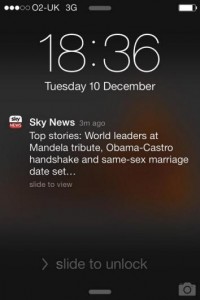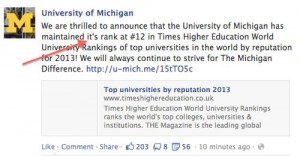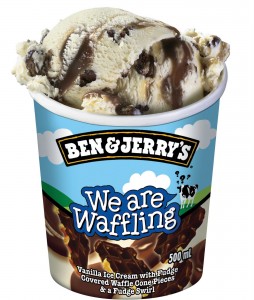
Happy National Scrabble Day! (It was on this day in 1899 that Alfred Mosher Butts, the game’s inventor, was born.) It’s a day for all glossophiles to celebrate, literally with fun and games. And this month is also one for literary lovers: April is National Poetry Month here in the United States (and in Canada). Started by the Academy of American Poets in 1996, the annual April initiative celebrates poetry and its vital place in American culture, with schools, publishers, libraries, booksellers, and poets banding together to organize readings, festivals, book displays, workshops, and other poetic events.
But national awareness days, weeks and months devoted to literary and literacy causes haven’t always been as cheery and celebratory in nature.
Nearly a century ago, in 1918, the Chicago Woman’s Club initiated “Better American Speech Week”, taking its revolutionary mission to “speak the language of your flag” and “watch your speech” into schools across the nation. The movement required the schoolchildren to take a “Pledge for Children”, promising “not [to] dishonor my country’s speech by leaving off the last syllables of words” and “to make my country’s language beautiful for the many boys and girls of foreign nations who come here to live” (as well as a distinctly racist promise that I don’t think is appropriate to publish here).
Previewing the club’s activities in 1921, the Literary Digest wrote:
“‘Invest in good speech — it pays daily dividends’ is typical of the slogans that will be used during Better Speech Week of November 6 to arouse the nation to the evils of slovenly speech — careless enunciation, ungrammatical constructions, mispronunciations, the use of slang and poor choice of words. … Mr. H. Addington Bruce, the well-known author, observes that ‘there are men to-day in inferior positions who long ago would have commanded good salaries if they had only taken the trouble to overcome remediable speech defects. Strange how careful people are about dress— how sure that dignity and good taste in dress help to make one’s success in getting on in the world—and at the same time how careless these same people are about speech, which is the dress of the mind.’ ”
In an article published in Primary Education in November 1919, a spokesperson for the club stated: “We are looking forward to a time when all of us shall feel the same pride in fine speech that we have in fine clothes. Very few of us object to an improvement in our wearing apparel; we don’t object to having a finer touring car than our neighbor. Why are we so concerned lest our speech should be a little better than his? Why do we like to pretend that we are so poor in speech? Why are we satisfied with the inferior brand?”
Thankfully we’ve come a long way since the Speech Week of the strident Chicago lady grammarians — although many will and do argue that today’s grammar, spelling or punctuation days are anachronistic, prescriptive, and unforgiving, powered by people and movements that are out of touch with the evolving nature of our dynamic language. Fortunately, awareness days and months tend to be more celebratory than dogmatic these days, and provide useful opportunities for schools and communities to devote time and focus to the fun and art and importance of literacy rather than to its policing.
Here’s a list of the national and international days, weeks and months (that I’m aware of) devoted to literacy and language, poetry and punctuation. Please do let me know of any others that you know of.
January 23: National Handwriting Day (US)
Jan 26 – Feb 2: National Storytelling Week (UK)
Jan 27: Family Literacy Day (Canada)
Feb 21: International Mother Language Day (world)
March 4: National Grammar Day (US)
March 5: World Spelling Day (world)
March 7: World Book Day (world)
April: National Poetry Month (US & Canada)
April 13: National Scrabble Day (US)
April 18: Poem in Your Pocket Day (US)
April 23: World Book Night (world)
May: National Share-a-story Month (UK)
May 3: World Press Freedom Day (world)
May (varies; week following Memorial Day weekend): Scripps National Spelling Bee (US/world)
June 22: National Flash Fiction Day (UK)
July 8: World Writer’s Day (world)
Sep 8: International Literacy Day (world)
Sep 13: Roald Dahl Day (world)
Sep 24: National Punctuation Day (US)
Sep 26: European Day of Languages (Europe)
October: International School Library Month (world)
Oct 4: National Poetry Day (UK)
Oct 14 – 20: Dyslexia Awareness Week (UK)
Oct 21: Everybody Writes Day (UK)
November: National Blog Posting Month (world)
November: National Novel Writing Month (UK)
Nov 21: World Hello Day (world)
December: Read a New Book Month (US)
Dec 10: Plain English Day (world)
* * * * *
Special thanks to National Awareness Days.com for much of this information.












